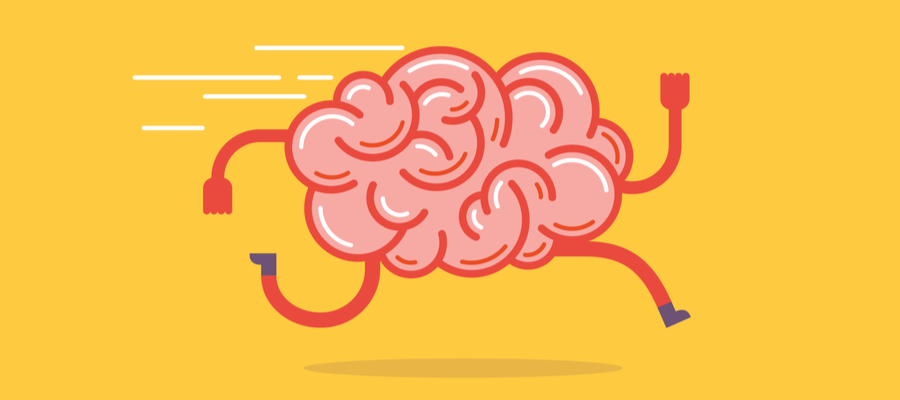RESEARCH
[IN DEPTH ANALYSIS] The 3 Speeds of Thought
In your opinion, is the human being first and foremost rational? This is a big question that can give rise to endless philosophical debates. But from the strict point of view of the sciences that study how our box of thoughts works, we have a good idea of the answer... even if we still have a lot to learn about this fascinating organ that is our brain.
[IN DEPTH ANALYSIS] Why Are We Cheating?
Cheating is circumventing or violating legal or moral rules, pretending to respect them, in order to take unfair advantage of them. Cheating is everywhere: we have all heard of scandals that have splashed the world of sport, business, politics, etc. Many of us would also have cheated at least once during our school years...
[IN DEPTH ANALYSIS] The importance of emotions in learning
Not so long ago, it was thought that learning was a strictly rational process in which emotions did not have a big role. This belief was formed together with a certain definition of intelligence derived from the "famous" IQ tests - yet designed to detect learning difficulties in children.
Using Various Analytics to Evaluate the Success of a MOOC
The world today is witnessing an increasing interest in Massive Open Online Courses (MOOCs). This new form of Technology-Enhanced Learning (TEL) is in the spotlight, particularly when it comes to the topic of the evolving nature of higher education learning.
Improving Online Readiness in Higher Education: A Case Study
This case study discusses the course eConcordia created for enhancing students’ self-regulated learning, self-motivation, study skills, and technological self-efficacy.
A holistic model for student evaluation in online courses
Elearning does not automatically make for better learning, nor does it necessarily guarantee superior learning outcomes. Many scholars have observed that a considerable amount of online learning in higher education has had but a mediocre impact on learner achievement.






